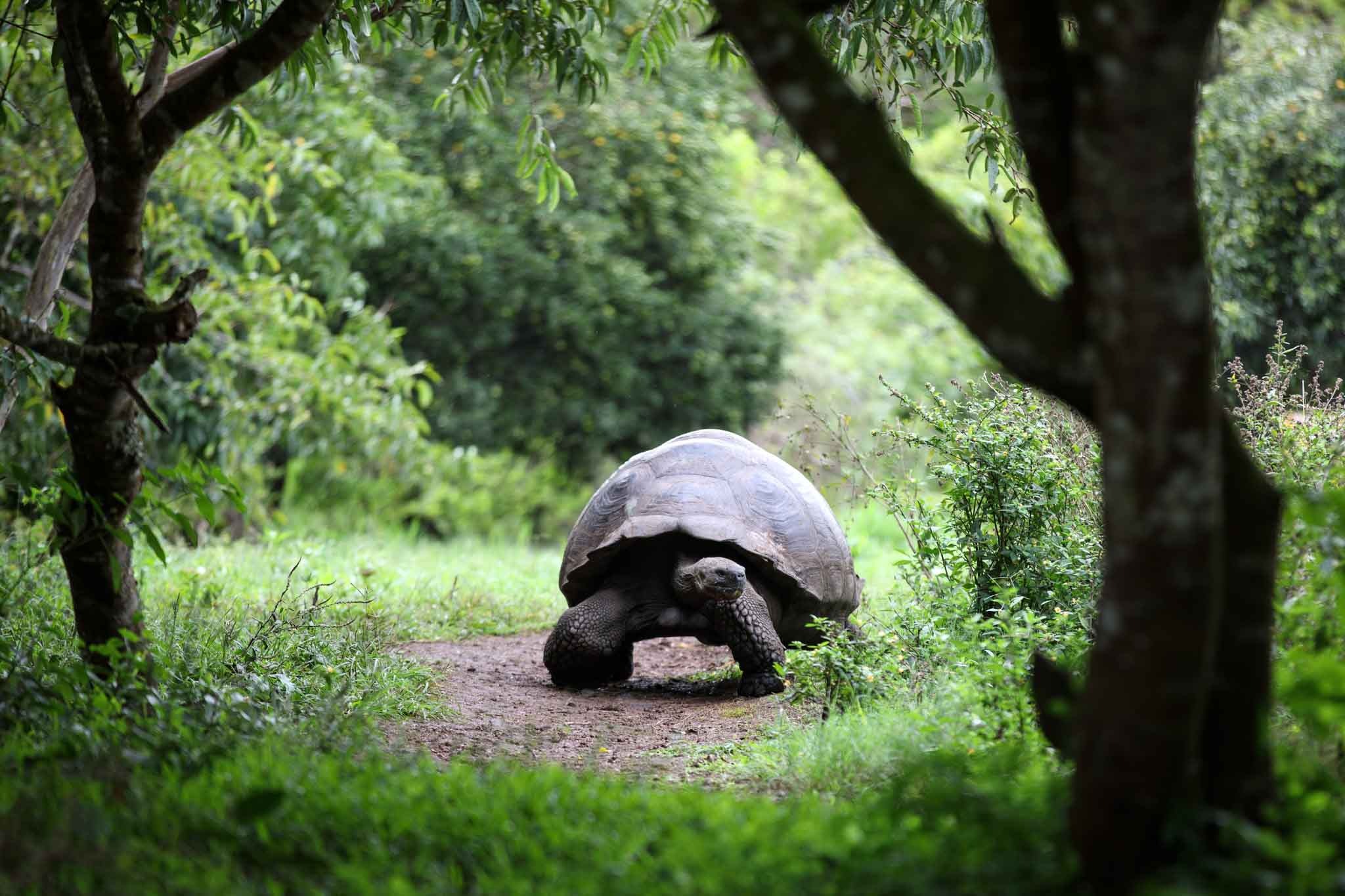The local organization Fundación un Cambio por la Vida (FUNCAVID) with whom we collaborate for the implementation of our Co-Galapagos project, is a great example of motivation and dedication, especially under the leadership of their president, Daniel Proaño. The Galapagos region faces several significant socioeconomic challenges, which are often interconnected with the loss or endangerment of biodiversity. The community has identified various priority areas of development, based on the United Nations' Sustainable Development Goals, such as gender equality, food security, education, and access to clean drinking water.
Co-Galapagos was founded in 2021 by Daniel Cooke and Dr Sophia Cooke, both of Kings College (University of Cambridge). The project was created to empower community-led initiatives that advance sustainable development. Our Co-Galapagos Project is focused on exploring funding options for local projects. This includes allowing tourists to support these projects directly (you can view those are currently raising funds for). Our Co-Galapagos project also improves employment opportunities for young adults through the Co-Galapagos Internship Scheme, which is now very popular. Candidates are matched with paid placements in topics that they find interesting.
Currently, we are assessing our progress thus far and determining the future direction of the project. A crucial aspect of our recent visit to Galapagos was to conduct workshops with the Co-Galapagos project team. During the first workshop, we reviewed our strategy for the Co-Galapagos project between 2023 and 2025, which consisted of five critical objectives and targets. Additionally, we discussed ways in which GCT, along with other interested organizations, can effectively support the Co-Galapagos project across various sustainable development themes that it addresses. For example, GCT can enhance its impact by working with community projects to address plastic pollution and circular economy opportunities. This cooperation can be mutually beneficial.
After this we visited the highlands in Santa Cruz, and took a tour through the nearby lava tube! GCT participated in a workshop alongside FUNCAVID and Galapagos hub for sustainability, resilience and innovation - a similar initiative that was born around the same time Co-Galapagos. This sister initiative facilitates a platform for community-based ideas to be shared with policymakers. We brainstormed together, using 'Theory U,' under the guidance of Noemi d’Ozouville, to identify similarities and differences in Co-Galapagos, and how these two initiatives can complement one another by working within similar areas but with different activities.
If you wish to explore and visit the Galapagos Islands, the Endemic Catamaran offers 4 night itineraries that visit several islands.

Following the return of the GCT team to the UK, we are actively expanding on the workshops we conducted with FUNCAVID. Our goal is to design and advance the subsequent phase of Co-Galapagos by utilizing the innovation and motivation that resulted from being together in person for the first time. If you wish to contribute to Co-Galapagos or specific community projects, please visit the Co-Galapagos website. The current funding for Co-Galapagos is provided by the UK Government through the Darwin Initiative, and it has also received additional assistance from the Evolution Education Trust.